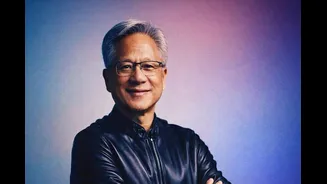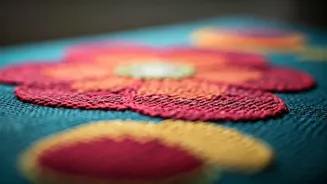Facing Hair Fall
Following liver cancer treatment, Dipika Kakar bravely shared her experience with excessive hair fall. She openly discussed the physical impact, which
has been significant. This honest portrayal of the side effects of treatment, specifically the drastic hair loss, allows for a relatable understanding. Kakar’s disclosure provides a platform for open conversations around the topic, helping others going through similar experiences.
Treatment Aftermath
Cancer treatments, such as chemotherapy and radiation, can often cause hair loss, a common side effect. These treatments target rapidly dividing cells, and hair follicles, being such cells, are affected. While these treatments are essential to eliminating cancer cells, the collateral damage on hair follicles is a recognised occurrence. The degree of hair loss can vary widely, and factors like the specific treatment plan and individual health can influence its intensity.
Regrowth and Recovery
In many cases, hair loss caused by cancer treatment is temporary. Once treatment concludes, hair follicles usually start to recover. The regrowth process can differ for each person. Some individuals may find their hair returns to its original thickness and texture, while others might notice slight changes. It is important to remember that patience is key during the recovery journey, and while hair loss can be disheartening, the possibility of regrowth offers hope.
Emotional Impact
Experiencing significant hair loss can have a profound emotional impact. It can affect self-esteem, body image, and overall well-being. The sudden change in appearance can be a difficult adjustment. It’s crucial to acknowledge and address these feelings. Seeking support from loved ones, support groups, or mental health professionals can be beneficial. Openly discussing and dealing with the emotional aspect is a vital element of the recovery process.
Seeking Support
If experiencing hair loss post-cancer treatment, several support avenues are available. Consulting with a healthcare provider is essential to understand the specific causes and available treatments. Dermatologists can provide expert advice on hair care and potential solutions. Connecting with support groups, where one can share experiences and receive encouragement from others, is also helpful. Ultimately, a holistic approach that considers both physical and emotional health is vital.












